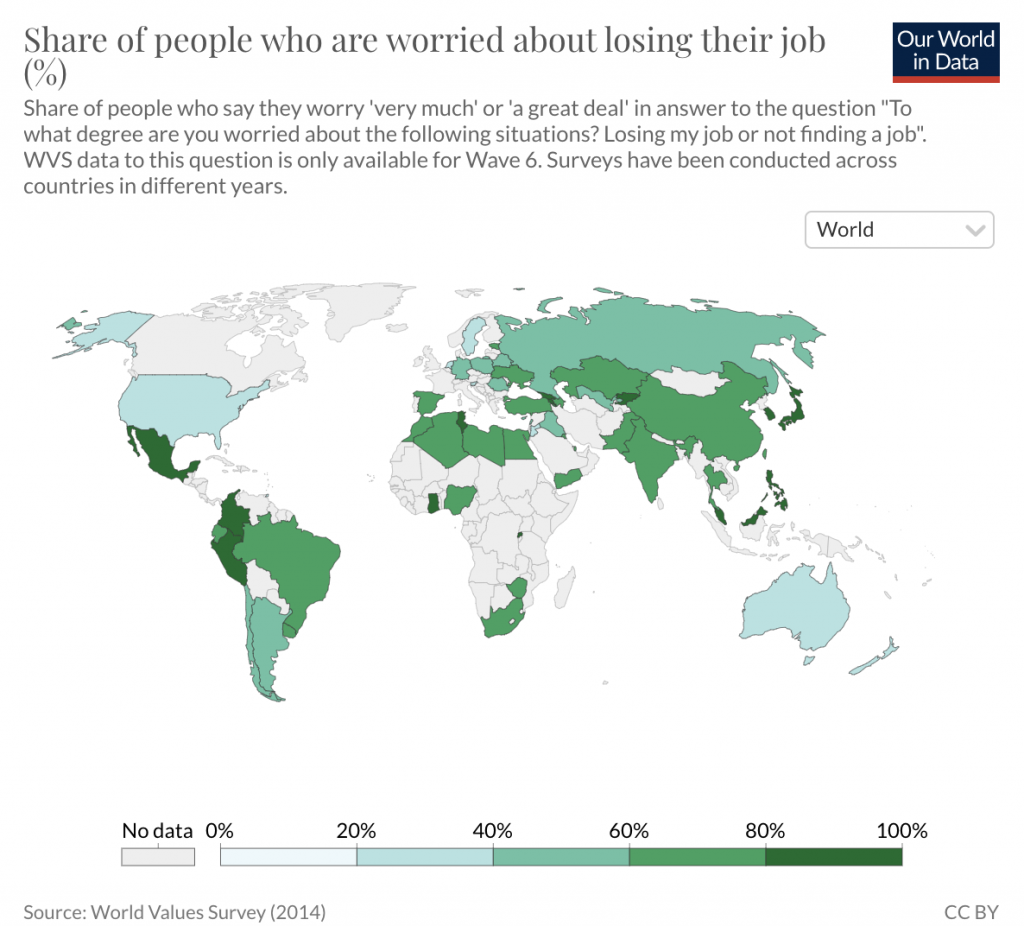I have never been a morning person (as far as I remember). Yes, there were school days when I had no choice but to get up early in the morning and go to school. Adulthood gave me a little freedom when I could take it a little easy. But starting work full-time brought the stress of waking up early, long commutes, long working hours, and less time to take it easy. Luckily, I had no husband or kids to take care of, phew! I hats off to those who manage work and family and find some “me” time in the little window of 24 hours of a day. Working with Robert Kennedy College (RKC), I realise this already challenging routine of our students gets overextended when they choose to study for a master’s. A challenging but rewarding experience, so say our students.

Everyone’s sleep pattern is different based on an individual’s internal clock (24 hours defined by earth’s 24 hours of the dark-light cycle), scientifically known as circadian rhythm. If your circadian cycle is shorter, you are an early riser, and a longer circadian cycle makes you a night owl. Another fascinating fact is that the circadian rhythm or cycle changes over time. We are neither larks nor owls necessarily but a mix of both. As a child, one tends to be an early riser, while reaching one’s teens inclination is more towards being a night-owl and adults gradually transition back to being early-risers.
There is a never-ending debate on which sleep pattern is more rewarding and leads to a successful and happy life. The popular image of the happy-go-lucky early risers is that they are go-getters and believe that they get more done, making them super-productive. On the other hand, while night owls usually catch up on the lost time, are more productive post-midnight, they tend to be more dependent upon caffeine, liquor and generally less emotionally stable. Scientists have found a direct correlation and association between morningness and happiness and morningness and concentration levels.

We asked a few of RKC’s current master’s students and alumni what their day looks like while studying and what part of the day or night they found more productive for learning. Here is what they had to say:
Wilson says, “I found morning hours very apt, especially if the assigned time implied adjusting your wake-up schedule and morning routine. The mind is less polluted and cluttered with the day’s requirement, and one is able not only to concentrate but also bring out the best in terms of thinking and concentration”.
Another student shares her opinion saying, “If you’re working during the weekdays and have children, then the evening is best. It’s dependent on other obligations in your life. But you must schedule it and make it a habit. It eventually becomes routine if you have some discipline and focus on the end goal of achieving the MBA”.
For Nigel, a morning start of 5 or 5:30 was the most productive.
On the other hand, Beatrice looked for a balance, “What worked best for me were early in the morning and late in the evening, when there is no distraction (work, children, etc.)”.
Patrick mentioned, “What has always worked for me is starting my day early when the rest of the world still sleeps. So, I set aside three hours every morning (4 am to 7 am) and occasionally added an hour or two after work (8 pm to 10 pm), depending on how the day had treated me. Discipline and consistency paid off, and I am happy that I achieved distinction grades in three of the four taught modules.”
One of our 54-year-old mature student shares his opinion, “Usually, in the evenings after work, while on travel on planes but most of the time, weekends where you could really indulge without disturbances. Taking OFF hours and hours to fully concentrate and advance was the biggest pleasure for me on weekends/holidays. Most of the assignments/deadlines were scheduled for Sunday midnight, with the time difference allowing me to work until late Sunday night to complete tasks (if delayed or under time pressure).
Every student has a unique sleep pattern and routine to follow. While you can take a cue from our students and alumni’s experience, you need to figure out what works best for you. For any career advice, you can talk to one of our advisors in real-time and get answers to all your questions.



























